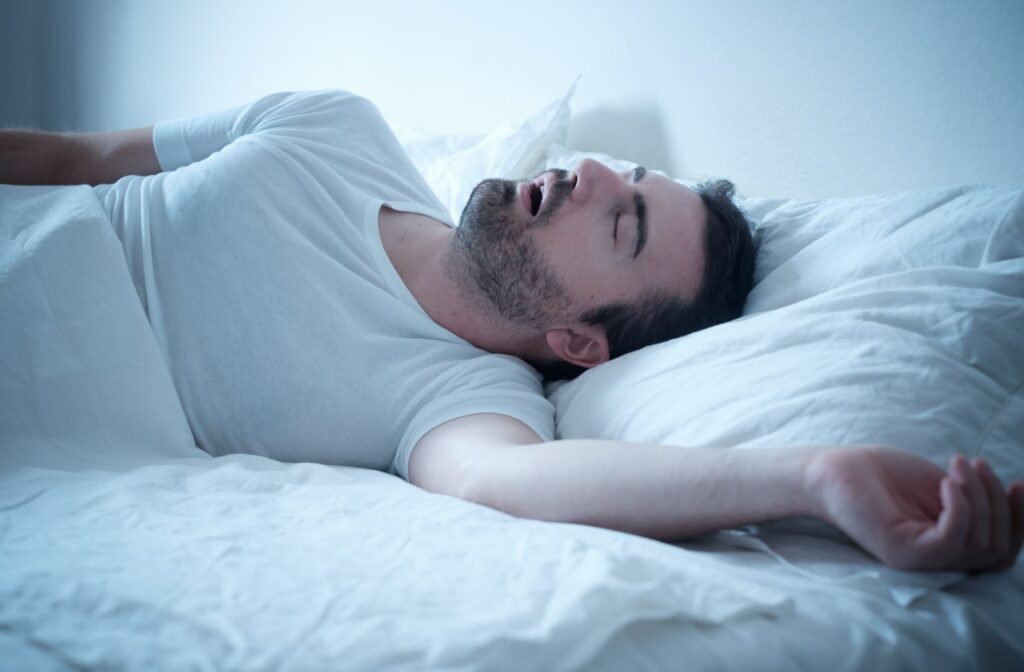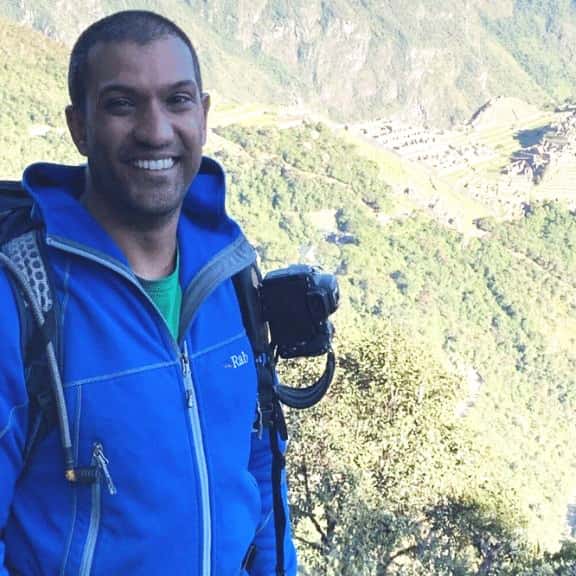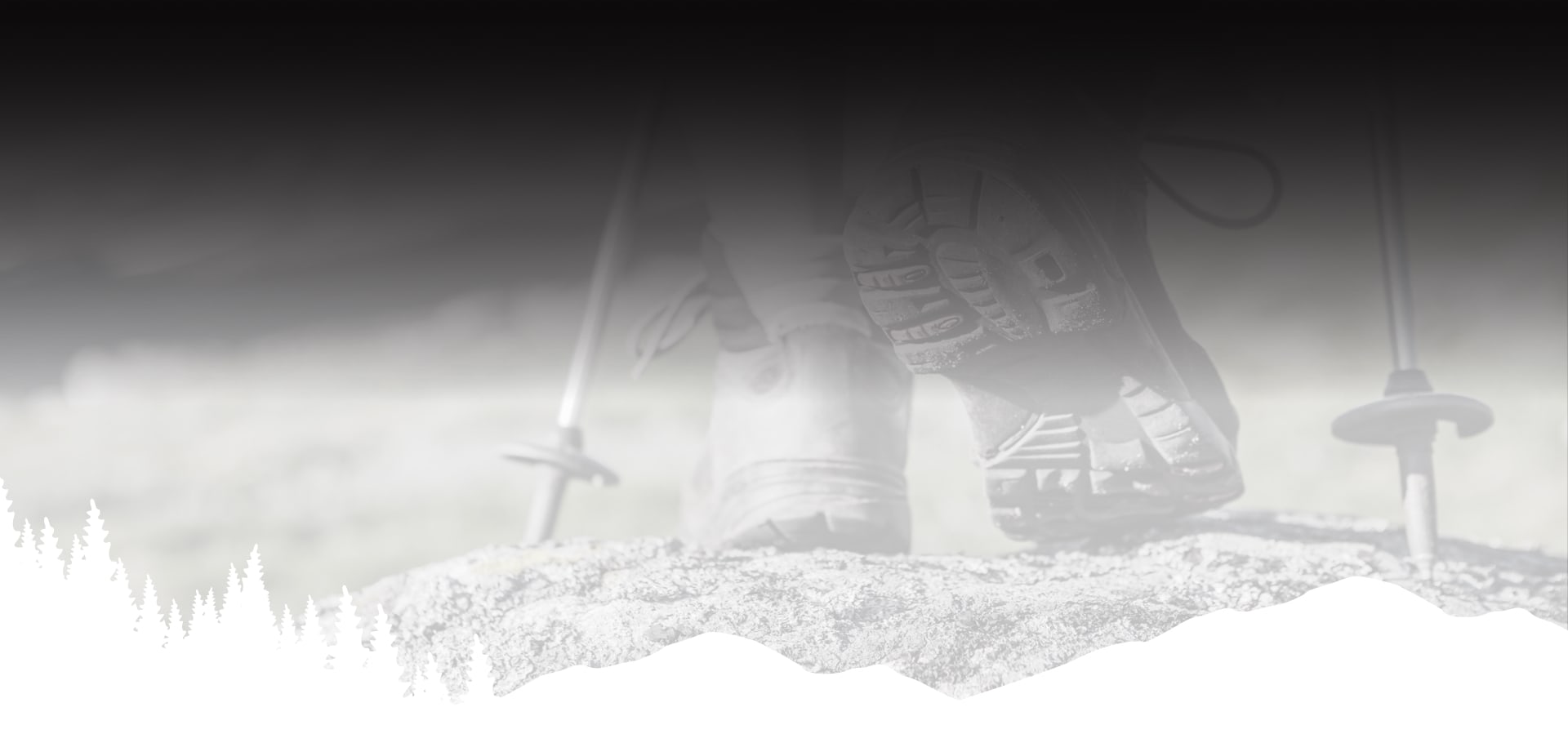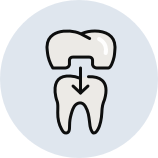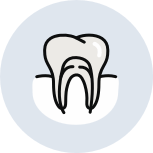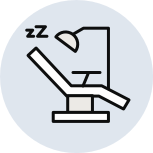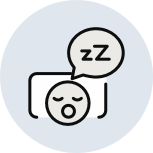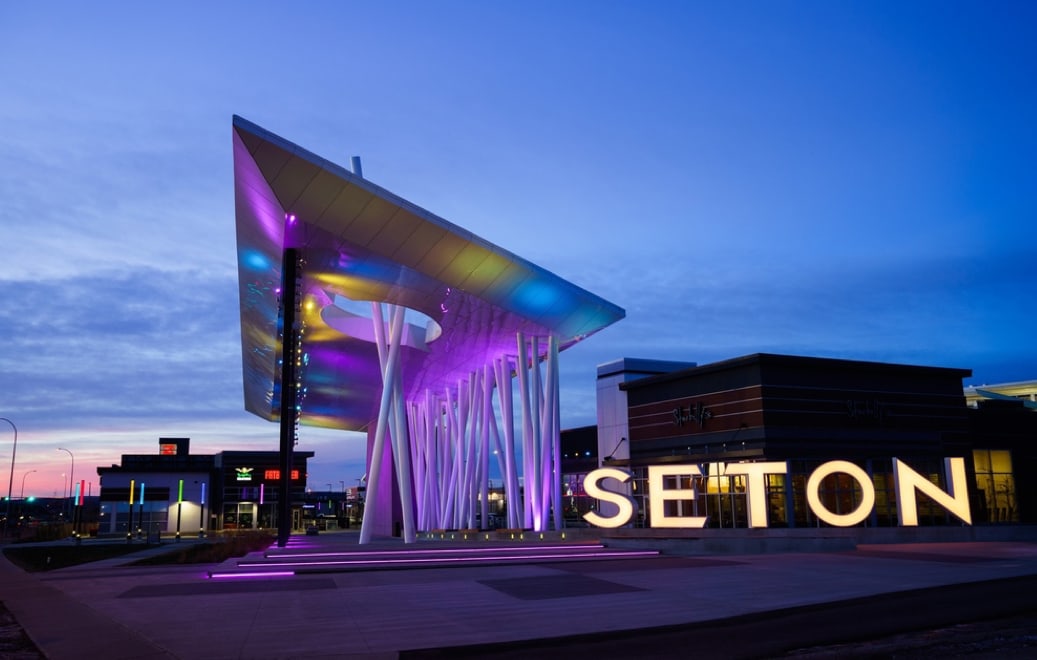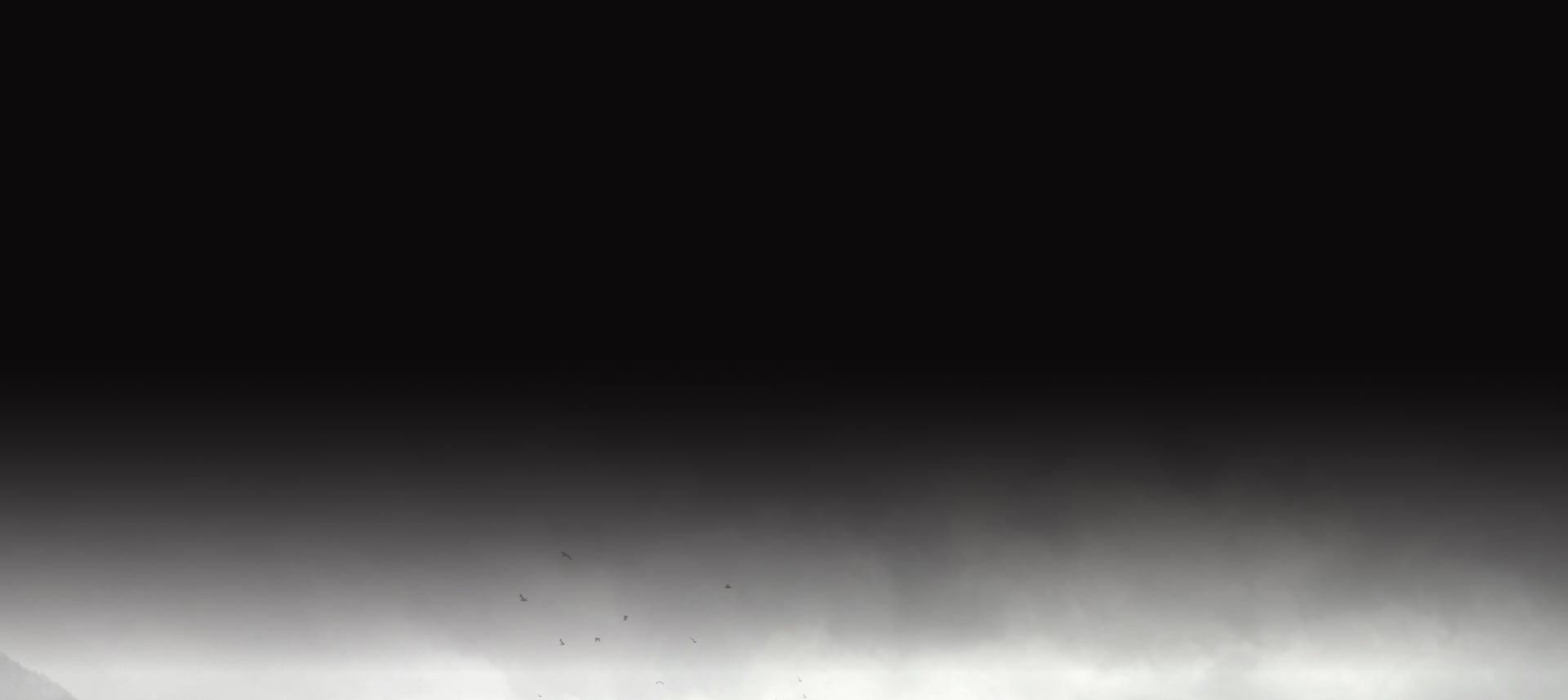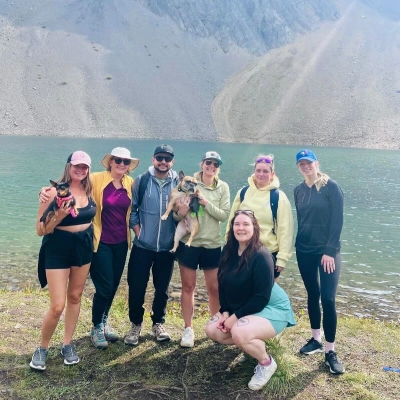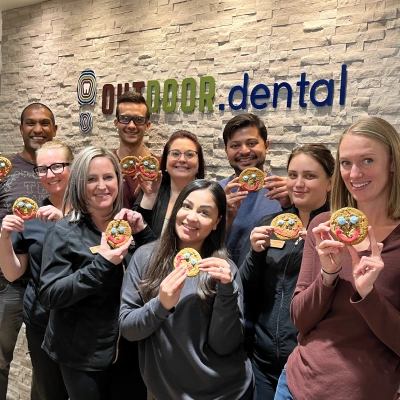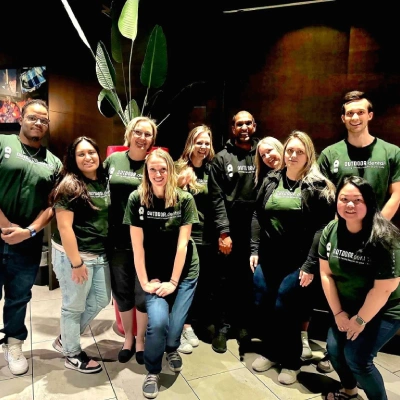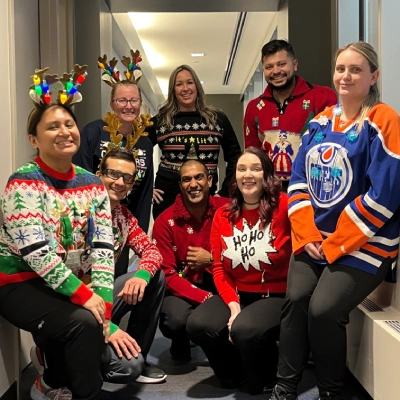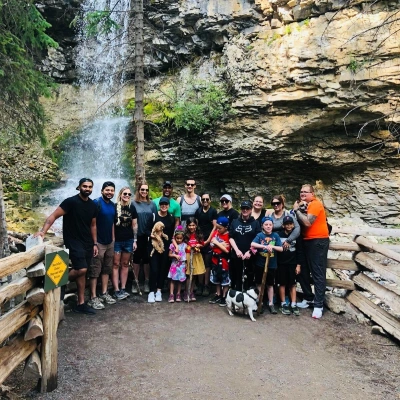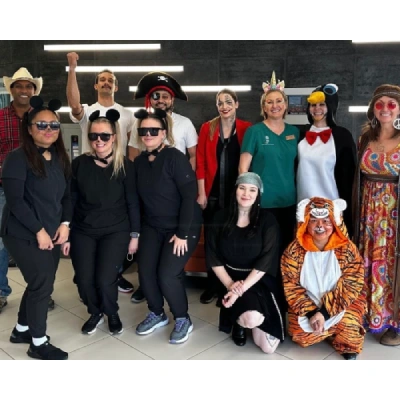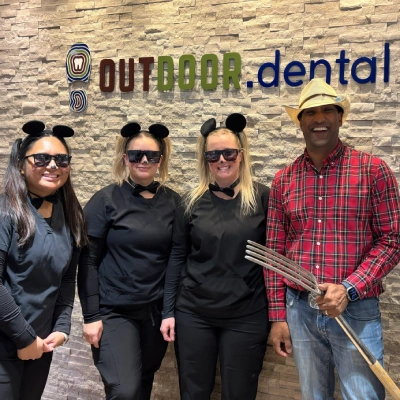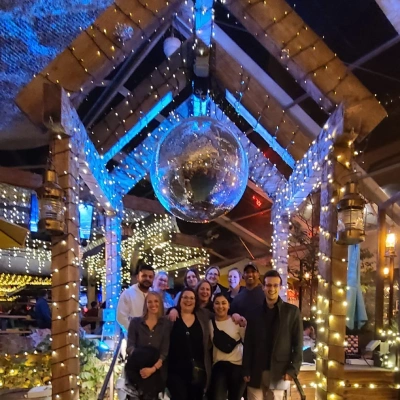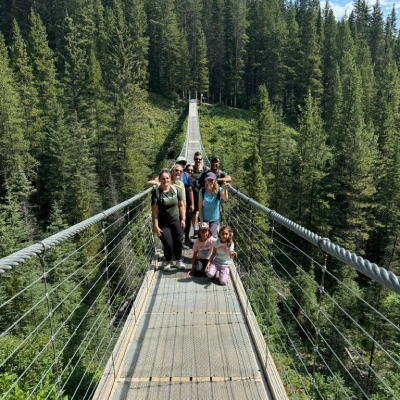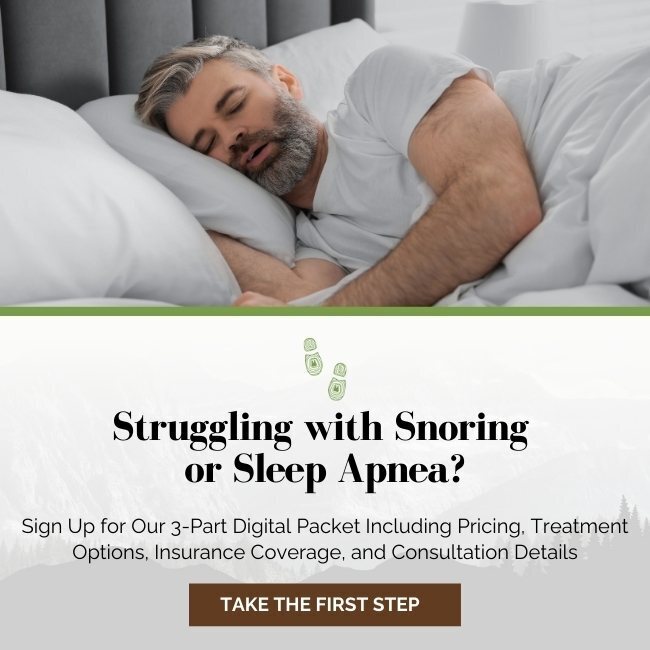Getting a good night of sleep is crucial to your overall health. Anything interfering with that great night of sleep can be a problem. Sleep apnea is a serious condition that can prevent your body from getting the oxygen it needs. However, as the name suggests, sleep apnea occurs when you sleep, so you may not even know you have it. A common side effect is snoring. But not always.
If someone’s ever told you that you snore or stop breathing or gasp for air while you sleep, you should speak to a medical professional to look into it. You may not know it, but your dentist is one such professional who can help.
What Is Sleep Apnea?
Sleep apnea is a potentially serious sleep disorder where breathing repeatedly stops and starts during sleep. When this breathing obstruction occurs, your brain will signal your body to wake up and get some air. When you have sleep apnea, your breathing will progress in a constant starting and stopping cycle.
Common signs and symptoms of sleep apnea can include:
- Gasping for air
- Loud snoring
- Waking up with a dry mouth
- Morning headaches
- Difficulty staying asleep
- Irritability
The appearance of these symptoms can indicate a potentially serious issue, and you should contact your dental professional right away for a complete diagnosis.
There are 3 main types of sleep apnea:
- Obstructive sleep apnea—occurs when throat muscles relax and block your airway
- Central sleep apnea—occurs when your brain doesn’t send proper signals to the muscles controlling breathing
- Complex sleep apnea syndrome—occurs when someone has both obstructive sleep apnea and central sleep apnea
Does Snoring Always Indicate Sleep Apnea?
While loud snoring may indicate a sleep apnea problem, not everyone who has sleep apnea will snore, and not everyone who snores has sleep apnea.
Regular snoring usually doesn’t interfere with the quality of your sleep as much as sleep apnea, although it can bother your partner or the people around you.
Sleep apnea is a serious condition that affects your brain over time. It is usually accompanied by fatigue, drowsiness, and mood swings during the day, leading to lost productivity and even car accidents. So, receiving a clear diagnosis of sleep apnea and appropriate treatment is crucial.
Sleep Apnea Solutions
Getting a good night of sleep is essential to your productivity, and sleep apnea can interfere with that. Finding clear and straightforward treatment methods is vital to helping you enjoy a great night of sleep once again.
Vivos System Obstructive Sleep Apnea Treatment
Obstructive sleep apnea causes loud snoring, along with preventing your brain from receiving enough oxygen to perform the vital work your brain does while you sleep.
The Vivos System features a noninvasive cost-effective oral appliance that helps reshape the oral cavity to expand your airway. This process allows you to breathe and sleep more deeply.
Following a thorough diagnosis and oral photographs, your dental professional can design a custom Vivos dental sleep appliance specifically for you.
Mandibular Advancement Appliance (MAD)
Mandibular advancement appliances (MAD) are usually compared to a mouth guard. A MAD device is designed to snap over your upper and lower dental arch. It features small hinges that enable the lower jaw to move forward.
MAD devices have shown positive results in controlling breathing problems associated with obstructive sleep apnea.
Your dental professional will be able to check if your appliance is working correctly or if you need a replacement or are looking for an alternative.
Solea Sleep Laser
This treatment method targets snoring rather than sleep apnea. The Solea Sleep laser is a simple, painless, non-surgical treatment method to provide relief from snoring. The laser disrupts collagen fibres in the soft palate tissue, causing the collagen to contract, stiffen, and reduce the vibrations that cause snoring. This treatment takes about 15 minutes and can be done on the same day as your consultation.
Get Your Night of Sleep Back
Sleep apnea can be challenging to manage and cause long-term disturbances. While loud snoring can be a symptom of sleep apnea, regular snoring doesn’t necessarily mean you have sleep apnea. Getting a clear diagnosis and proper treatment for your issues is essential.
Book an appointment with your dental professional at Outdoor Dental to see what sleep apnea treatment is best for you.

